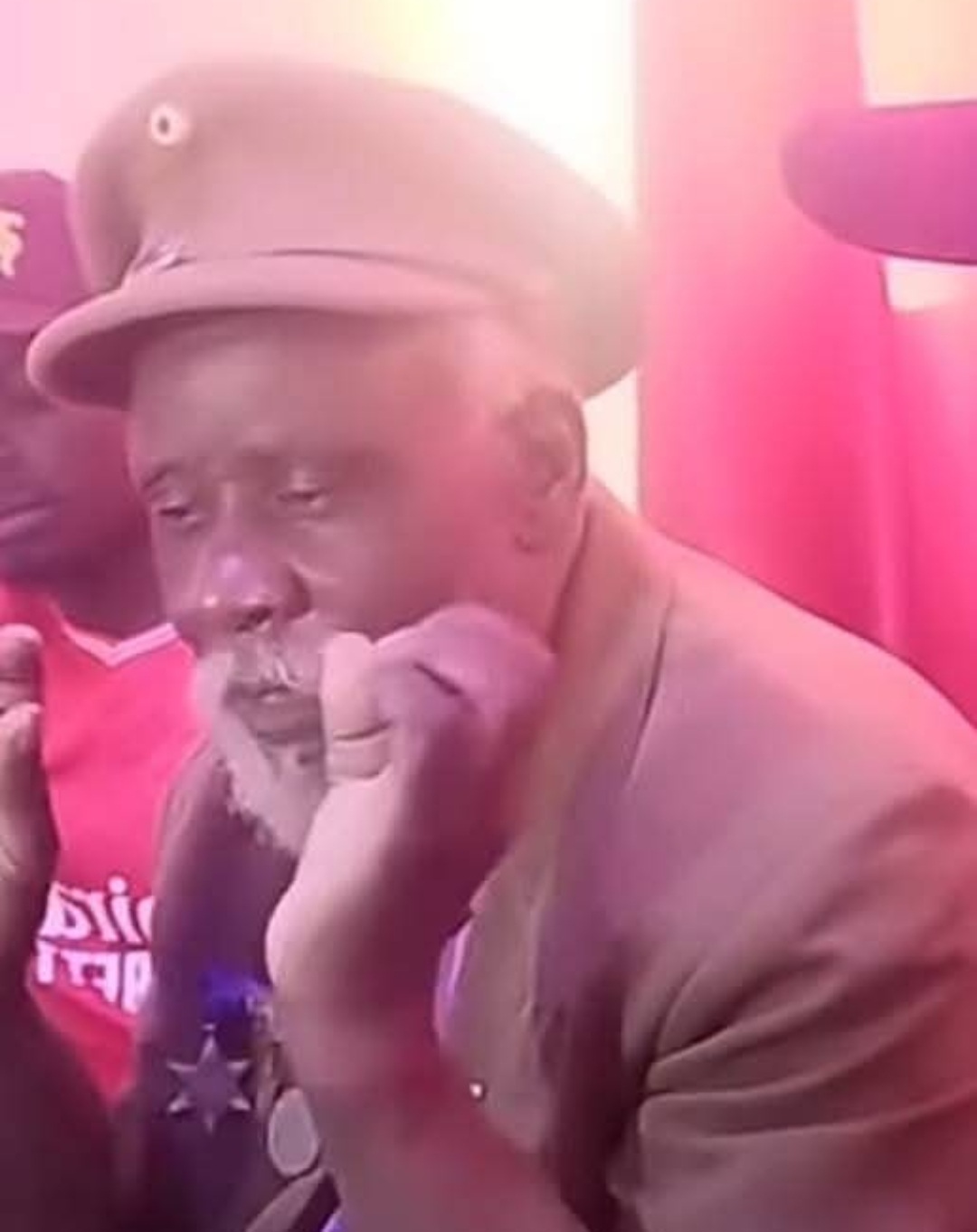The subject of tribal identity often sparks debate, with many viewing it through the lens of division. However, in its purest form, cultural identity serves as the foundation of a people’s history, traditions, and collective aspirations. As Fei Xiaotong, the renowned Chinese anthropologist, once wrote, “Each culture has its own beauty, and those who appreciate the beauty of their own culture will find beauty in others as well.”
My friend Owen Musoma has often teased me about my unwavering commitment to Butsotso heritage, calling me a “tribal jingoist.” I have always maintained, however, that embracing one’s cultural roots is not an act of exclusion but a duty to honor those who came before us.
Today, I find it impossible to remain silent following the passing of Mzee James Amunze Amakwa, a man who embodied the spirit, wisdom, and traditions of our community. His death is not just a loss to his family but to the entire Butsotso nation and the larger Mulembe people.
Mzee Amunze hailed from Shikhoni village, which neighbors my own village of Bumamu in Butsotso West. He was more than an elder. He was a living archive of our traditions, a voice of authority on cultural matters, and a trusted guide for those seeking to understand their heritage. In a time when modern influences threaten to erode indigenous knowledge, he remained steadfast in his mission to keep our cultural identity intact.
Fondly referred to as Omwibali we Emilukha chia Abatsotso, he played a crucial role in passing down traditional knowledge both to the youth eager to learn and to older members of the community who had lost touch with their roots. His wisdom was not confined to words. It was a way of life that he demonstrated through his actions, teachings, and interactions.
One of the most unforgettable aspects of meeting Mzee Amunze was his intense, steady gaze during conversations. His eyes carried a depth of inquiry, a forensic sharpness that seemed to dissect every word and thought. It was the kind of penetrating stare that only a true custodian of history could possess, as if he were searching for the essence of truth itself.
I first encountered Mzee Amunze in the late 1990s as a young boy full of curiosity. Our villages, separated by River Luchira, shared strong communal ties. We often crossed over to his village while herding cattle or fetching firewood. Back then, I had never seen an elder with such an imposing presence. His thick, flowing white beard made him stand out. At first, I was intimidated, but my friends assured me that such an appearance was a mark of wisdom.
His home was not just a residence. It was a cultural institution in its own right. Towering indigenous trees surrounded his homestead, providing shade for the many people who would sit with him, eager to draw from his well of knowledge. He was a patient teacher, always willing to answer questions, recite oral histories, and provide counsel.
As I grew older and pursued journalism, I had the privilege of engaging with many notable figures from my community. One particularly memorable encounter with Mzee Amunze took place in 2018. That year, Prof. Charles Chunge, a respected academician from our community, convened a meeting to discuss the establishment of a cancer treatment center in Western Kenya. Since Prof. Chunge was a Mutsotso, he sought to begin the initiative within our community, gathering prominent individuals to rally support for the project.
The meeting attracted some of Butsotso’s most accomplished sons and daughters, including Dr. Keya, the distinguished writer Indongole, and celebrated neurosurgeon Prof. Khainga. Despite the presence of such intellectual giants, it was Mzee Amunze who stood out. His deep understanding of Butsotso customs allowed him to bridge the gap between tradition and modernity, helping the community see how the project aligned with their values. His ability to fuse cultural wisdom with contemporary development efforts was remarkable, proving that tradition and progress need not be at odds.
Mzee Amunze’s influence was not limited to traditional spaces. Young people, particularly those active on social media, were drawn to his knowledge and candid manner of speaking. One of the most talked-about moments in his later years was a viral interview conducted by the popular content creator Shiracko. In the video, Mzee Amunze spoke openly about relationships and intimacy, addressing topics that many elders shy away from. His honesty and depth of knowledge made him a sensation, particularly among Luhya youth eager to reconnect with their cultural heritage.
His embrace of digital platforms was a testament to his adaptability. While he remained deeply rooted in tradition, he understood the importance of engaging with younger generations in ways that resonated with them. This ability to move with the times while staying true to his identity set him apart as a truly dynamic leader.
Mzee James Amunze Amakwa leaves behind a legacy that will continue to inspire the Butsotso community and the broader Mulembe nation. His passing is not just the loss of an individual but the closing of a chapter in our community’s rich history. However, his teachings, wisdom, and cultural contributions will live on in the hearts and minds of those he mentored.
As we mourn his departure, we must also honor his work by ensuring that Butsotso traditions are preserved and passed down to future generations. The responsibility now lies with us to document, practice, and celebrate the values he so passionately safeguarded.
Rest well, Mzee Amunze. Your voice may be silent, but your wisdom will echo through the ages.


Facebook Comments